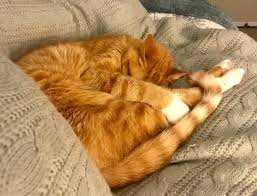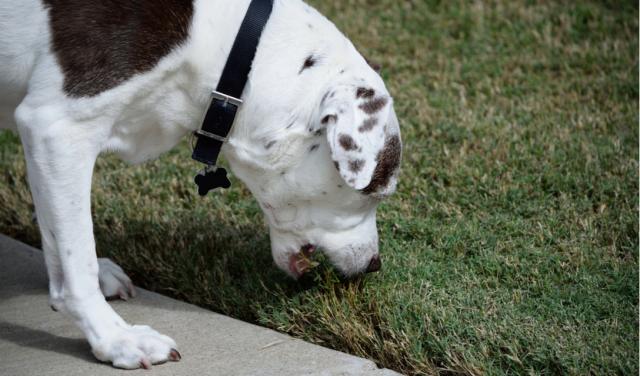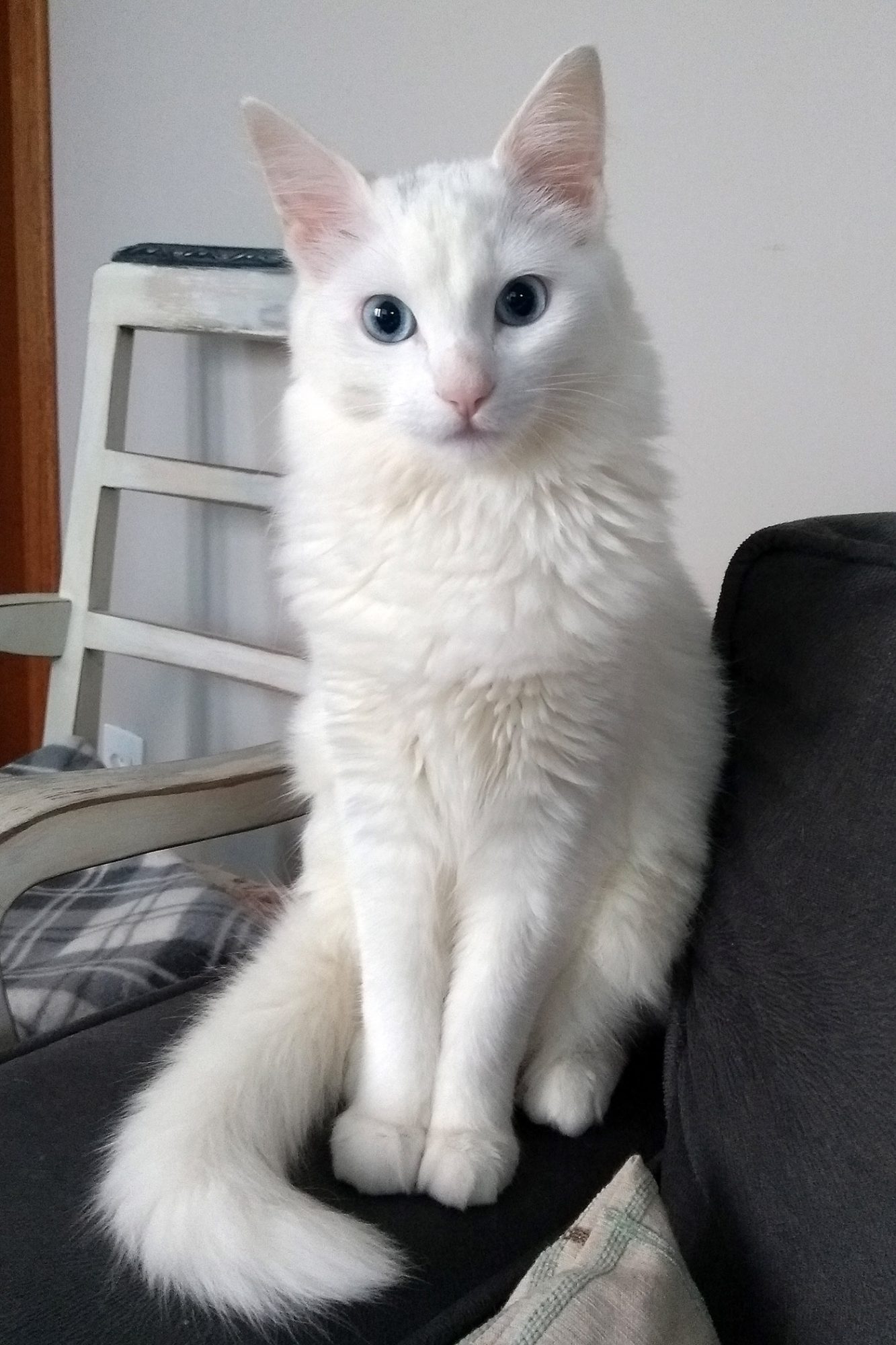Kitty Stress
It’s easy to make fun of cats’ chilly and distant personalities. After all, Fluffy is known to bite us for fun, and she has a history of leaving dead animals as a thank you gift for all of the food, toys, treats, and lap space we provide. But at the end of the day, cats are really pretty sensitive little animals. They, too, can experience loneliness, grief, fear, anxiety, and stress. In this article by All About Animals Veterinary Services, serving the Villa Rica area, a local Carrollton, GA veterinarian examines stress in cats.
What Are The Causes Of Stress In Cats?
Fluffy can grow stressed over a lot of issues. Medical difficulties are a major concern. Moving, bringing a new pet into the house, and changing ownership are all stressful experiences for cats. Fluffy may also be scared because of previous hurts or experiences. Loud noises can disturb our feline friends. Conflict with other pets can be a major issue. Even boredom and loneliness can have an impact on your kitty companion. If you’re not sure why your pet seems stressed, consult your veterinarian.
How Can I Tell If My Cat is Stressed?
Fluffy can’t tell you how she feels, but if you pay attention, you can get a sense of how she’s feeling in general. Keep an eye out for behavioral indications that your feline pal is feeling anxious.
Some of these include the following.
- Hiding
- Not wanting to be touched or petted
- Litterbox difficulties
- Excessive grooming
- Eating non-food (Carpet, paper, etc.)
- Diarrhea
- Vomiting
- Rapid breathing
- Unusual or excessive vocalization
- Clinginess
- Pacing
- Nervousness
- Aggression
- Spraying
- Weight Loss or Gain
You can also learn from Fluffy’s posture and body language. Anxious cats typically have dilated pupils and may lick their noses. They may also hold their ears flat against their head and pull their whiskers back. Their tails may droop or be kept tucked tight to their bodies. Fluffy may stoop or hunch over, rather than drape herself over the back of the couch the way an at-ease, calm cat would. She also probably won’t lay on her back and expose her belly.
Remember that many of these symptoms might also indicate illness. Have Fluffy evaluated by her veterinarian to rule out any medical issues.
How Can I Calm a Stressed Cat?
There are steps you may take to make Fluffy feel more at peace. You’ll need to determine the root cause of your cat’s fear. A frightened rescue cat that is just starting to trust may require a different approach than a feline who is terrified of your dog. If you aren’t sure, ask your vet for advice.
Start with good TLC. First and foremost, make sure your cat is receiving excellent care. proper food, fresh water, a clean litterbox, and frequent veterinary treatment are all essential components of a proper cat care regimen.
If you have other pets and know or believe there is conflict between them, you may need to take extra precautions. A key responsibility is ensuring that there are enough supplies for all of your animal friends. Make sure Fluffy does not have to compete with her roommates for food, water, toys, or litterbox space. Contact your veterinarian for further information.
How Can I Make My Stressed-Out Cat Feel More At Home?
Making your home pleasant and enjoyable for Fluffy will go a long way. You’ll need to create a setting in which your worried furball feels safe and comfortable. Fortunately, it is not difficult to transform your home into a kitty luxury palace.
- Kitty Comforts: While you don’t have to go overboard and transform your home into a luxury kitty palace, there are a few things you may do. Offer your kitty a cat tower with vertical space. Fluffy doesn’t have a good view from ground level and often feels safer from a higher vantage point where she can see what’s going on around her. Paper shopping bags with the handles cut off will probably appeal to your pet. Small gestures, such as leaving a lamp and radio on while you are away, would also be appreciated by your pet.
- Scratching Posts: Scratching is a normal feline activity. Fluffy has an instinctual need to take care of her claws. After all, she relies on them in the wilderness. Scratching may also be calming for cats. Provide a tower, pole, or board for your kitty friend to sharpen her nails on.
- Window Seat: One simple but crucial thing you can do to keep that little motor running is to give your feline companion a window seat with a good view. Fluffy gets to enjoy three of her favorite activities: sunbathing, napping, and viewing local wildlife.
- Toys and Playtime: Both entertainment and physical activity can help cats cope with stress. For one thing, rushing after that elusive red dot or pouncing on that catnip mouse will allow Fluffy to expend any worried energy she may have. She’ll naturally feel calmer afterward. This is similar to someone going for a run to relieve tension after a hard day. Furthermore, when you take the time to hold a string toy, your pet will realize you’re doing something for her. This will make her feel more cherished and safe.
Playing might also help your pet build confidence. Kitties do have to concentrate to coordinate those complex run/pounce combos. Achieving a complicated pounce might boost your pet’s confidence.
- Napping Spots: Provide plenty of comfortable napping locations for your pet. Kitties are not choosy about their beds. Store-bought ones are wonderful, but Fluffy is quite pleased to curl up on a folded blanket or pillow in a wicker basket.
- Hiding Places: Nervous cats frequently seek refuge in safe and secure environments. Cats have a natural preference for small spaces because they feel the most secure when nothing can sneak up on them. Fluffy may prefer an enclosed kitty condo or a cat tower with enclosed areas. You can also provide boxes and create small nooks and crannies for your pet below the bed or behind the couch.
- Positive Feedback: Cats can misbehave occasionally due to anxiety. For example, a scared cat may urinate outside of the litterbox. Punishing your cat may worsen her nervousness and cause her to avoid using the litterbox even more. It is also vital to recognize that cats are naturally fearful. (We understand that some of our feline friends are rather brazen and fearless, but even bold kitties can be spooked easily.)
Always emphasize positive reinforcement and make each interaction with you pleasant and peaceful.
- Medicine: Some of our feline companions may benefit from medicine. Consult your veterinarian about your cat’s stress and behavior, and ask for recommendations. Never give Fluffy anything unless your vet recommends it.
- Routine: Cats have less to do here than dogs. Fluffy will not need to be walked, and she will manage her 43 daily naps on her own. Try to maintain a consistent routine for mealtimes and playtimes.
- Soothing Products: Speaking of calm, soothing products, such as treats and sprays, may also be beneficial. Follow the package directions exactly, and contact your veterinarian for detailed advice and recommendations.
Finally, make sure your kitty companion feels cherished. You don’t want to force attention on her, but doing simple things like giving her a forehead boop as you walk by, talking to her, offering her treats, and allowing her to curl up with you at night can help her feel appreciated, safe, and loved.
Book An Appointment At Our Carrollton, Ga Pet Clinic
Do you need to schedule an appointment at our Carrollton, GA pet hospital? Contact us at All About Animals Veterinary Services, serving the Villa Rica area, anytime!



